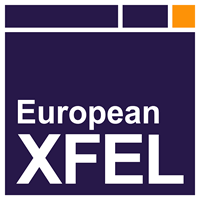Format
Linear schedule
We will preserve the workshop spirit, that means, a linear schedule with no parallel sessions and ample time for discussion after each presentation as well as between sessions.

Oral and poster presentations
Applicants to the workshop will be selected to give either oral or poster presentations, with the latter being given significant weight to the program including short oral poster “flash sessions”.
- Invited talks: 30 mins (including discussions)
- Contributed talks: 25 mins (including discussion)

Bringing together experts and newcomers
It is intended to bring together experts and newcomers in the field, to learn from one another, and to foster collaborations.

Topics
Spectroscopic investigations of correlated electron materials
- D- and f-electron systems
- Doped Mott insulators, unconventional superconductors
- Charge- and spin-density wave systems
- Surfaces, polar surfaces, interfaces, multilayers
- Low-dimensional systems, nanostructures
- Topological insulators and strong spin-orbit coupled materials
- Graphene
Many-body theory of correlated electrons in solids
- Spectral function of lattice-fermion models
- Ab initio approaches to single-electron excitations
- Dynamical mean-field theory and beyond
- GW, weak- and intermediate-coupling methods
- Low-energy effective theories
- Electron-boson coupling
- Quantum criticality and competing orders
- Non-Fermi-liquid behavior
- Novel methods
The photoemission process
- One-step model including electron correlations
- Low and high photon energies
- High intensities, multi-photon processes, non-linear phenomena
- Theory of time-dependent spectroscopy
- Modelling of pump-probe processes
- Transition matrix elements and final-state effects
Advances in photoemission techniques
- Time-resolved and two-photon measurements
- Ultra-high resolution spectroscopies
- Bulk-sensitive photoemission
- Spin-resolved techniques
- New possibilities provided by UV and X-ray free electron lasers
Relations to other photon-based techniques
- Resonant soft X-ray scattering and inelastic X-ray scattering
- X-ray absorption spectroscopy
- Inverse photoemission



